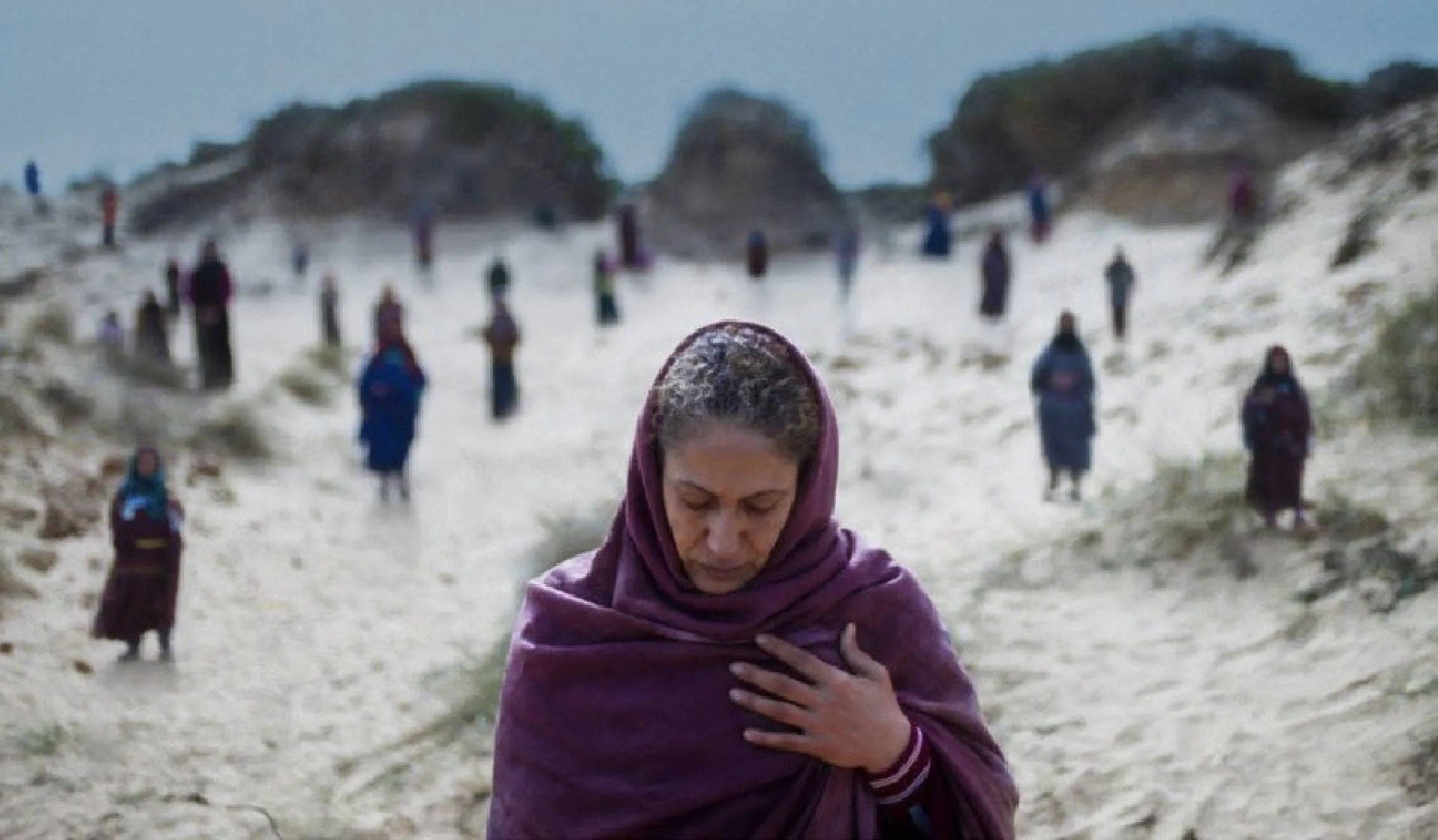With the start of the seventh session of the El Gouna Film Festival, which began on Thursday, a series of Arab fi
With the start of the seventh session of the El Gouna Film Festival, which began on Thursday, a series of Arab film festivals are committed to presenting recent local and international productions to a massive audience that wants to learn about these works, hoping that these festivals will meet their need to watch productions that classic distribution companies that are satisfied with a ready audience will not care about. In reality, he is completely different in his desires and aspirations.
Massive festivals
These festivals follow different schedules.
The recent session of the El Gouna Festival began yesterday, and the festival will continue until the first of November. It is followed, with an interval of 12 days, by the 44th Cairo Festival, which continues until the 22nd of the same month.
“Cairo” will be followed by the “Marrakesh” Festival in its recent session, which will start from November 29 until December 7.
During which the Red Sea Festival will open in its third session, between the fifth and the fourteenth of next December.
From the Tunisian film “Maa El Ain” (Instinct Blue)
Unusually, the “Carthage Film Festival Days” will conclude the series of these festivals, which he was previously in the middle of. This year, it was moved to fall between the closing day of the “Red Sea” and December 21.
This schedule of activities resembles a competitive race that, not for the first time, has turned into a traffic jam.
But this is not happening for the first time, but rather for many years. When the Dubai Festival started in December every year, it found itself surrounded by ancient and recent festivals at once. There were the Cairo and Carthage festivals, which historically preceded all the region's festivals, and then the Abu Dhabi, Doha, El Gouna and Marrakesh festivals were launched.
Each of them wanted his share of the cake (and sometimes what he could of someone else's share), and sought to do so with a vast financial effort that exceeded the budgets of classic Arab festivals (Cairo, Carthage and a number of smaller festivals) as a main condition for achieving success and being at the top among all Arab festivals.
The cessation of the “Dubai” festival in 2014 (which maintained its position despite the competition) provided a wider work space for the other major festivals at that time, especially since the “Abu Dhabi” festival stopped before that year, and then the “Doha” festival closed its international festival, preferring to adopt two specialized (and smaller) festivals. size).

Two good reasons
The Marrakesh Festival, in turn, was suspended for two years, during which the management was changed and its situation was arranged so that it would become a meeting point between foreign and Arab cinema. This was one of the foundations of the Dubai Festival, which was chaired by Abdul Hamid Jumaa with great success and artistically managed by Masoud Amrallah with parallel success.
In this context, we find that all of these festivals mentioned above naturally form a bridge between what is Arab and foreign, culturally and artistically, albeit to varying degrees. The Carthage Festival has maintained its distinction as a festival held primarily to celebrate Arab and African cinema, and it did not seek to crystallize a trend towards the classic concept of universality except through specific films outside its competition.
The above does not yet answer the reason why these five festivals crowd together over a few weeks each year, sometimes overlapping. What prevents some of them from moving to other time slots during the remaining months of the year? If summer is not suitable because of its temperature, what about spring and the first three months of the year?
There are two main reasons for this, one of which is that the last three months of each year is the appropriate period for the completion of work on Arab films that were being filmed. The competition for these films between the festivals that want to acquire them is intense, and most of them are either selected in advance, due to the financial support system, or later on the condition that they do not premiere at another festival.
Options
The second reason is that it is the period during which the selection committees examine the Arab and foreign films that were circulated in the year’s festivals from “Berlin,” “Rotterdam,” and “Sundance” (at the beginning of each year), to “Cannes,” “Locarno,” and “Karlovy Vary”, “Venice”, and “Toronto” among others.
This does not mean that Arab festivals do not receive requests to accept films sent by their makers, but are content to collect what has been previously shown. What it means is to fit the second half of the year to start the selections and build up the actual body for the courses and prepare them for the last weeks of the year.
The aforementioned film festival selections are not yet known. Only “El Gouna” revealed its films, which are a respectable group of Arab works, such as “Algeria” by Chakib Talib Bendiab (Algerian-French production), and “Toxic” by Saul Belliovati (Spain) among 15 films in the feature-length narrative competition, and 12 films. In the long documentary film competition.
Nothing is known or confirmed for other festivals. The Cairo Film Festival (still under the successful management of its president, Hussein Fahmy, and its director, Essam Zakaria) announced that its films will be circulated soon. The Carthage Festival has witnessed a change in leadership, and it is now under the direction of director Farid Boughedir. Among his most anticipated Tunisian films is “Water El Ain” by Meriem Jabbour, with the possibility of screening “Everyone Loves Touda” by Moroccan Nabil Ayouch outside of competition, and it is currently one of the competing films at the “El Gouna” Festival. .

COMMENTS